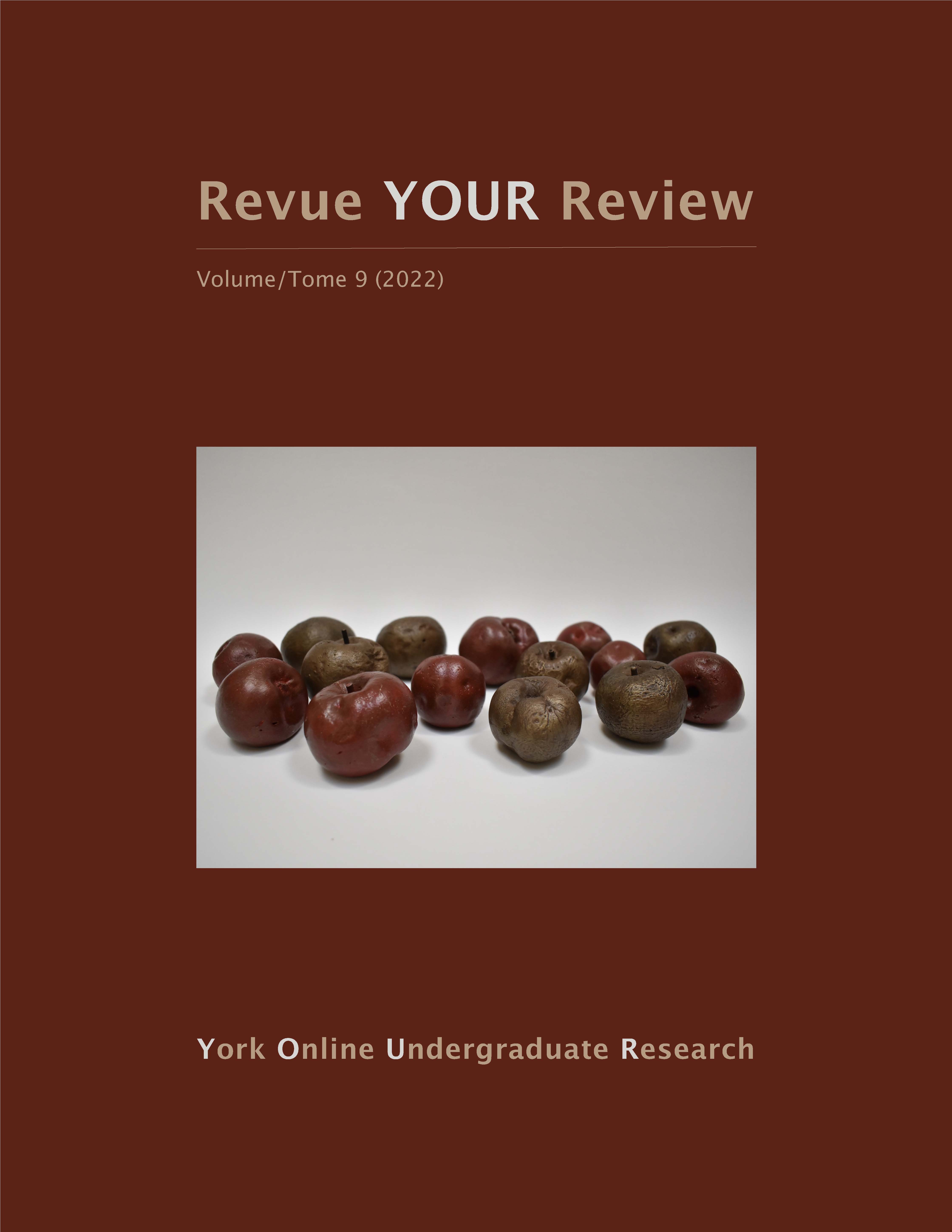The Consequences of Police Brutality on Psychological Well-Being and Collective Action
Abstract
Over the last year, police killings of unarmed Black men and women have led to worldwide protests against police brutality and anti-Black racism in the justice system. Research on racism suggests that being the target of racial discrimination can have averse psychological consequences, but there is a lack of research on the psychological effects of experiencing police brutality. The goal of this study is to investigate whether exposure to police brutality affects the self-esteem of Black students. I will also examine whether exposure to police brutality affects the willingness of Black students to participate in collective action as past research indicates that perceiving discrimination is associated with greater support for political action. One group of participants will read an article describing a situation involving police brutality against a Black victim while another group will read an identical article but with a non-Black victim. After reading the articles, participants will complete measures of stated self-esteem, willingness to participate in collective action, and support for the Black Lives Matter movement. I hypothesize that participants who read an article about police brutality with a Black victim will have lower self-esteem and a greater willingness to participate in collective action than participants who read the article about police brutality with a non-Black victim. If the results support this hypothesis, it will suggest that exposure to police violence has a negative effect on the mental health of Black individuals. It will also provide further evidence for the perception that injustice against the ingroup can lead to greater support for political action.
Downloads
Published
How to Cite
Issue
Section
License

This work is licensed under a Creative Commons Attribution-NoDerivatives 4.0 International License.
Authors contributing to Revue YOUR Review agree to release their articles under one of three Creative Commons licenses: Creative Commons Attribution 4.0 International; Creative Commons Attribution-NonCommercial 4.0 International; or Creative Commons Attribution-NoDerivatives 4.0 International. All editorial content, posters, and abstracts on this site are licensed under Creative Commons Attribution-NoDerivatives 4.0 International. For further information about each license, see:
https://creativecommons.org/licenses/
In all cases, authors retain copyright of their work and grant the e-journal right of first publication. Authors are able to enter into other contractual arrangements for the non-exclusive distribution of the e-journal's published version of the article (e.g., post it to an institutional repository or publish it in a book or in another journal), with an acknowledgement of its initial publication in this e-journal.


